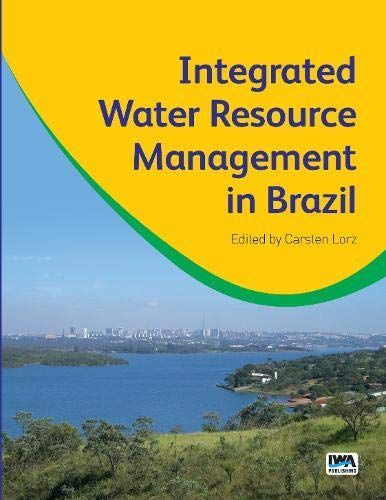
Integrated Water Resource Management in Brazil
The complex interactions between water resources, land-use change and water technologies are a major issue in many emerging countries of Southern America. Usable water resources are affected by natural conditions, such as, strong seasonal contrasts and high climatic variability, and rapid changes of land use and land cover that is caused by the dramatic expansion of agricultural land and urbanization processes. So far, the effects of the changing climate have had minor effects on water resources. Although regional data is rather scarce, global climate models predict substantial changes of climatic conditions in the future. A further pressure is that demand for water supply and waste water, both in terms of amount and spatial expansion, is increasing rapidly due to higher population densities caused by natural population growth and migration as well as higher per capita consumption. Integrated Water Resource Management in Brazil aims to present the results of the joint project IWAS-AGUA DF which deals with problems, causes and solutions in water supply in scope of integrated water resource management in western Central Brazil. The basic idea of the IWRM approach to be presented is to show how natural conditions and human interference are interacting and how technologies as well as concepts might help to manage such water resource systems in a sustainable way. Authors: Carsten Lorz, Hochschule Weihenstephan-Triesdorf, University of Applied Sciences, Germany, Franz Makeschin, Dresden University of Technology, Germany and Holger Weiss, Center for Environmental Research, Germany